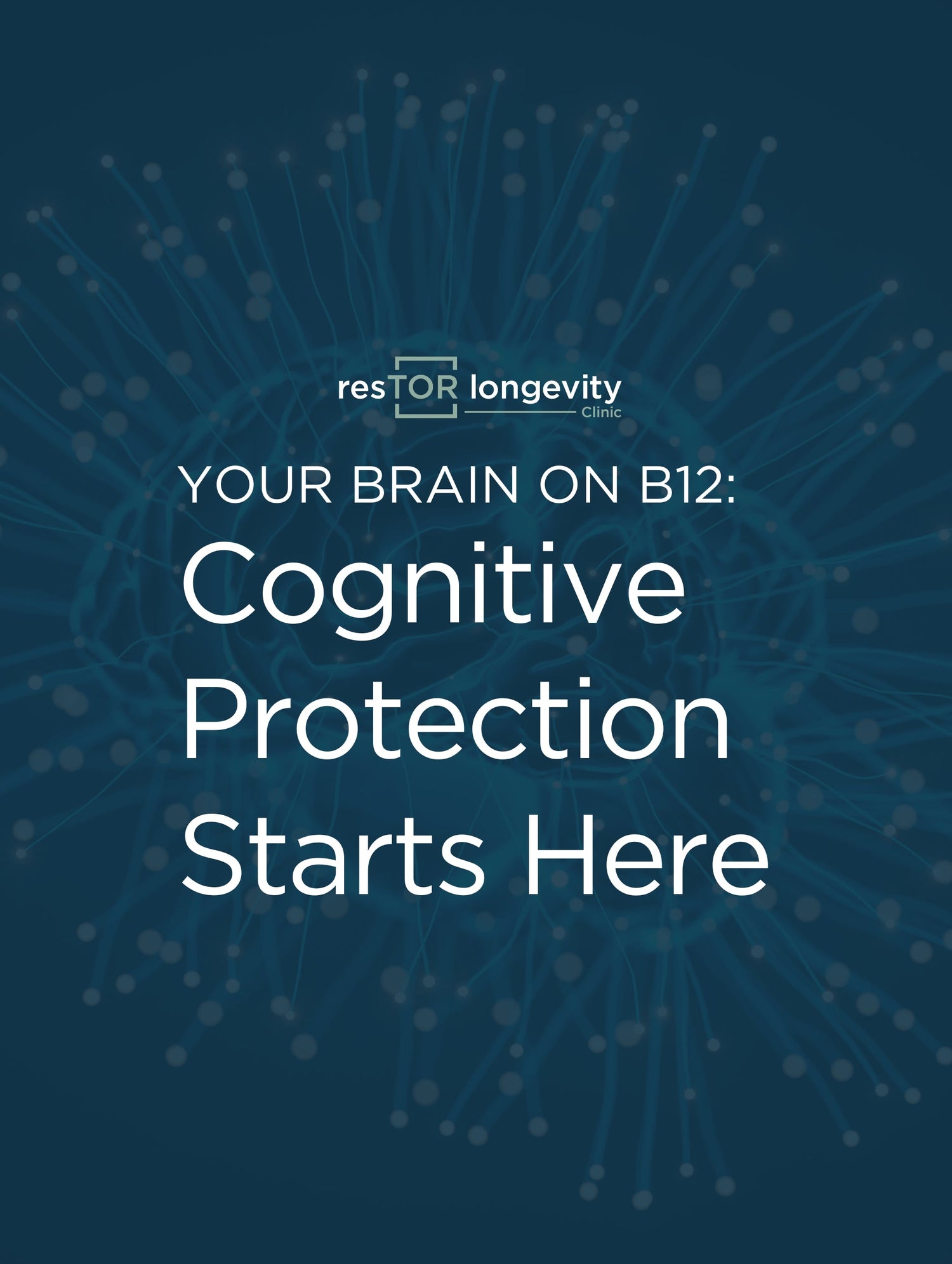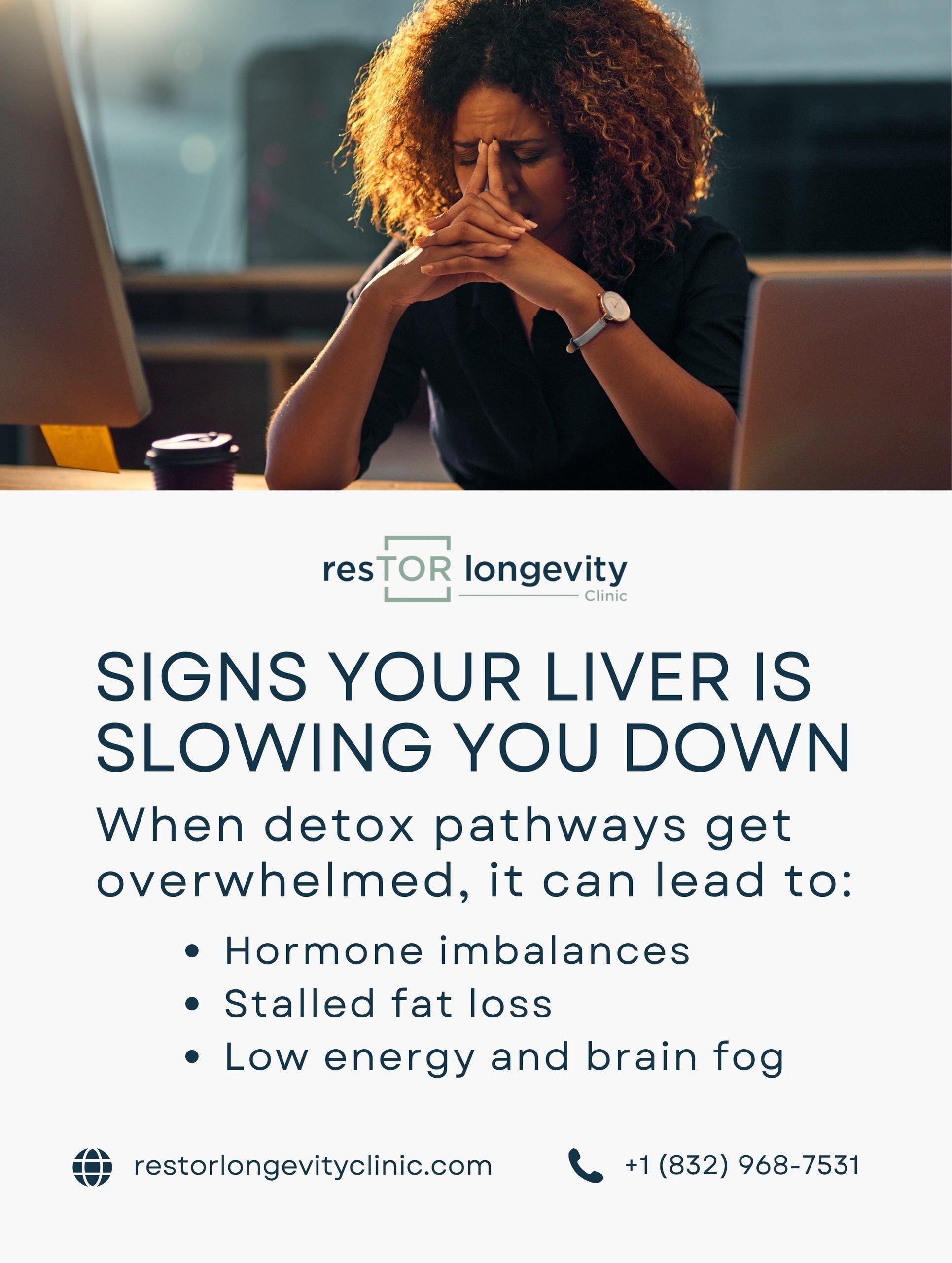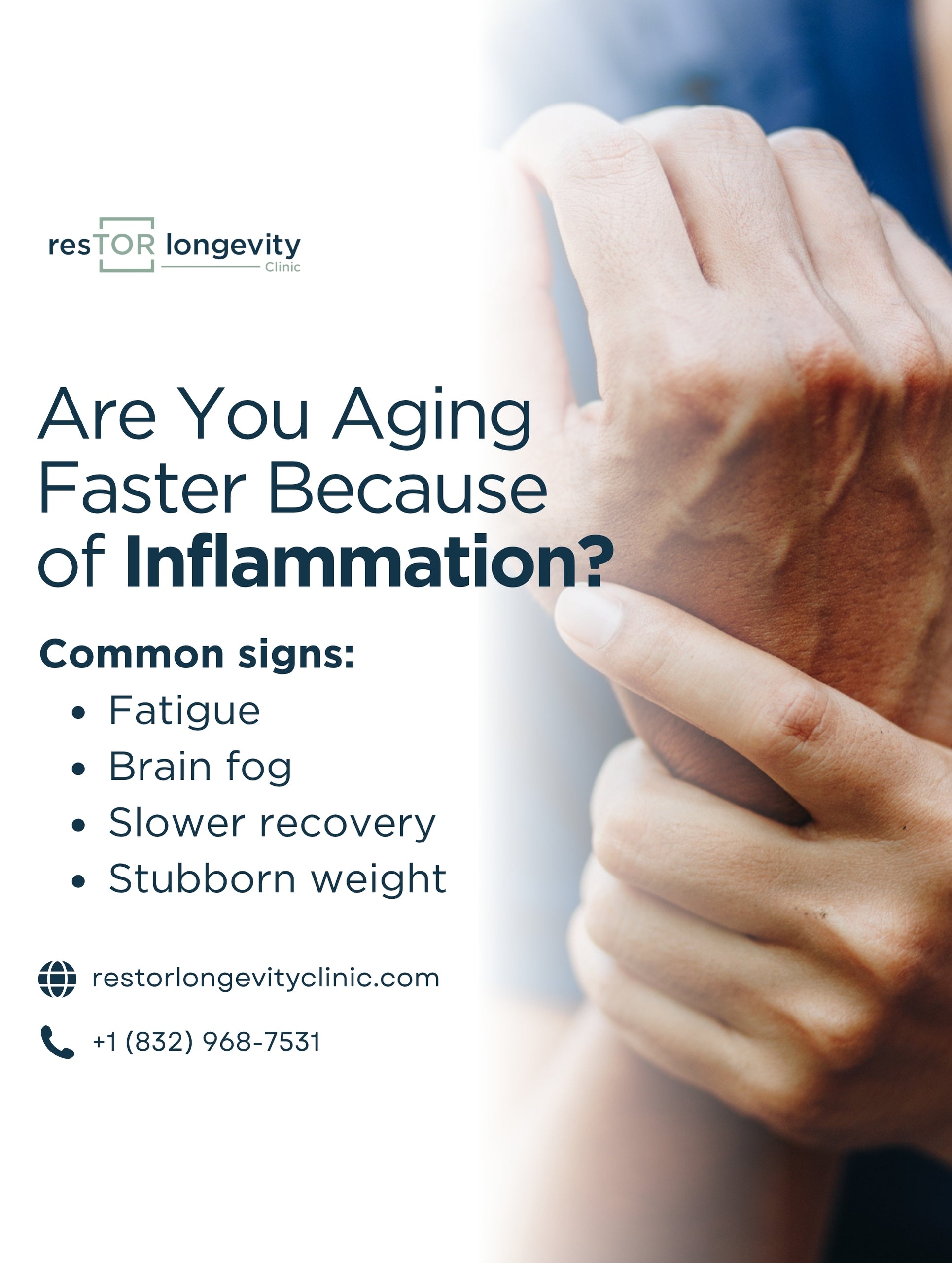Did you know that a staggering 47% of older adults are at risk for vitamin B12 deficiency? This vital nutrient is not just important—it's essential for mental clarity, nerve health, and energy production. Without adequate B12, you may experience brain fog, fatigue, and even mood fluctuations. In this extensive guide, we’ll delve into the significance of vitamin B12, the consequences of its deficiency, and how optimizing its levels can lead to long-term cognitive protection. We'll also explore various options for supplementation and diagnostic measures, ensuring you have a complete understanding of this critical nutrient's role in your overall health.
The Importance of Vitamin B12
Vitamin B12, also known as cobalamin, is a water-soluble vitamin that plays a crucial role in several bodily functions. It's necessary for:
1. Red Blood Cell Formation: B12 is essential in producing red blood cells that carry oxygen throughout the body. A deficiency can lead to megaloblastic anemia, which manifests as fatigue and weakness.
2. DNA Synthesis: This vitamin is critical for DNA synthesis, which is vital for cell division and the overall functioning of the body at the cellular level.
3. Nerve Health: B12 aids in the maintenance of the myelin sheath, a protective coating around nerves. Optimal nerve health improves communication between the brain and the body.
4. Energy Production: It supports the conversion of carbohydrates into glucose and the metabolism of fats and proteins, giving you the energy you need throughout the day.
How B12 Deficiency Affects Your Brain
Cognitive decline is one of the more serious consequences of B12 deficiency. Research has shown that low levels can lead to:
- Brain Fog: Many people experience a state of mental cloudiness or reduced clarity of thought when deficient in B12. This fog can hinder daily tasks and academic performance.
- Memory Problems: As B12 deficiency progresses, it can affect memory formation. Some may even experience symptoms similar to dementia, impacting their overall quality of life.
- Mood Changes: There's a strong correlation between B12 levels and mental health. Insufficient amounts may lead to mood disorders, including depression and anxiety.
- Neuropathy: Prolonged deficiency can cause nerve damage, leading to tingling or numbness in the hands and feet.
Diagnosing B12 Deficiency
Diagnosing a deficiency is the first step toward recovery and improved health. At resTOR Longevity Clinic, the process typically involves:
- Blood Tests: A simple blood test measures the level of B12 in your system. Additionally, elevated homocysteine levels may indicate a deficiency.
- Full Genome Sequencing: Knowing your genetic predispositions can also help in understanding your risk levels regarding B12 absorption and utilization.
- Symptoms Review: This includes evaluating any existing symptoms, providing insights into your health status.
Treatment Options for B12 Deficiency
Once diagnosed, various treatment options can help mitigate the deficiency:
- Oral Supplements: For those with mild deficiencies or dietary restrictions (like vegetarians or vegans), oral supplements can be effective.
- Sublingual B12: This form dissolves under the tongue for better absorption and is often recommended for those who may have absorption issues.
- Injections: Severe deficiencies may require B12 injections directly into the muscle. This method bypasses the digestive tract entirely, ensuring immediate availability to the body.
- Intravenous Therapy: For rapid replenishment, IV therapy allows for the direct infusion of B12 and other essential nutrients.
Lifestyle Adjustments for Optimal B12 Levels
In addition to supplementation, certain lifestyle changes can help maintain B12 levels:
- Dietary Changes: Consuming foods rich in B12 is crucial. These include animal products like meat, fish, eggs, and dairy. For plant-based diets, fortified foods like cereals and nutritional yeast can provide adequate amounts.
- Regular Testing: Routine health check-ups can help monitor vitamin levels, ensuring that any deficiencies are caught early.
- Stress Management: Chronic stress impacts vitamin absorption; therefore, reducing stress through lifestyle changes or meditation can boost overall nutrient levels.
- Healthy Aging Strategies: As people age, their ability to absorb vitamin B12 diminishes. Engaging in comprehensive health assessments at clinics like resTOR can optimize your health strategies as you age.
The Future of B12 Optimization
With advancements in technology, the method of assessing and correcting deficiencies is only getting better. Tools like AI-driven diagnostics can now predict deficiencies based on personal health data, leading to proactive health management rather than reactive treatments. As we move towards a wellness-focused culture, understanding and utilizing B12’s benefits will be transformative for cognitive health and overall wellness.
So, What’s Next?
By comprehension and optimization of your vitamin B12 levels, you can achieve remarkable mental clarity and emotional stability. Remember that proper diagnosis and treatment are essential for acquiring and maintaining these benefits. Don’t wait for brain fog or low energy to dictate your health—take charge today. Start by booking a consultation to discuss your B12 needs and proactively manage your cognitive health moving forward.



